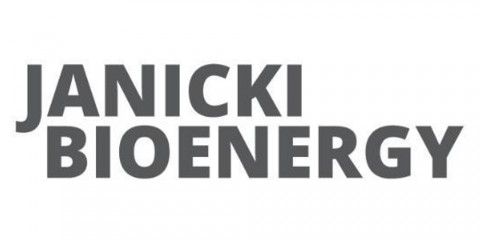Purpose
To design a reinvented toilet system that dries and combusts solid waste produced by households for electricity generation and is ready for field testing in developing countries
Activities
Human feces and household waste are traditionally viewed as unwanted byproducts of life. However, these are materials that contain useful energy and can be burned as fuel. We have developed a machine that dries and burns all household waste at a household or larger scale. A dryer will dry and transport biomass to a firebox to be burned. The firebox will maintain a very small, hot fire that kills all pathogens. This machine will generate enough electrical power off of the heat from the fire to power itself – and eventually a small amount of excess power for the household.
The Firelight Toilet is expected to first be tested in South Africa and will soon after be tested in other developing world countries as well.
Countries of activity
Location of main activity
Objectives
(1) Passively dry human waste to a moisture content deemed acceptable to sustainably burn.
(2) Maintain a pathogen killing fire on no more than the expected input of material (200-1000W).
(3) Reliably produce power to sustain the system; allow excess power to be used by the household in which the toilet is used.
Further information
Description: This household toilet concept is one in which a waterless toilet is used in conjunction with a system that dries and combusts the solid waste produced by the household for electricity generation.
Research or implementation partners: RTI International (http://www.rti.org/), STeP
Biggest successes by June 2016:
(1) Successfully sustaining a 250W fire in the firebox.
(2) Coupling the dryer and firebox to feed and sustain a small fire without the need for human interaction or control.
(3) Proving that the dryer can evaporate the liquid generated in a large household with low power consumption.
Engineering testing of Firelight Toilet in Durban
Grant size:
Phase 1 (November 2015): $ 1,958,405
Phase 2 (August 2016): $ 871,426
Phase 3 (June 2018): $ 2,711,468
Filter tags
Bill & Melinda Gates Foundation Energy: electricity, hydrogen, fuel cells Fundamental research and engineering Global North America Private sector, including social enterprises Product design and engineering Sub-Saharan Africa Toilets or urinals (user interface) Treatment of wastewater or greywater
Links

Uploaded by:
danijela milosevic (milli)














